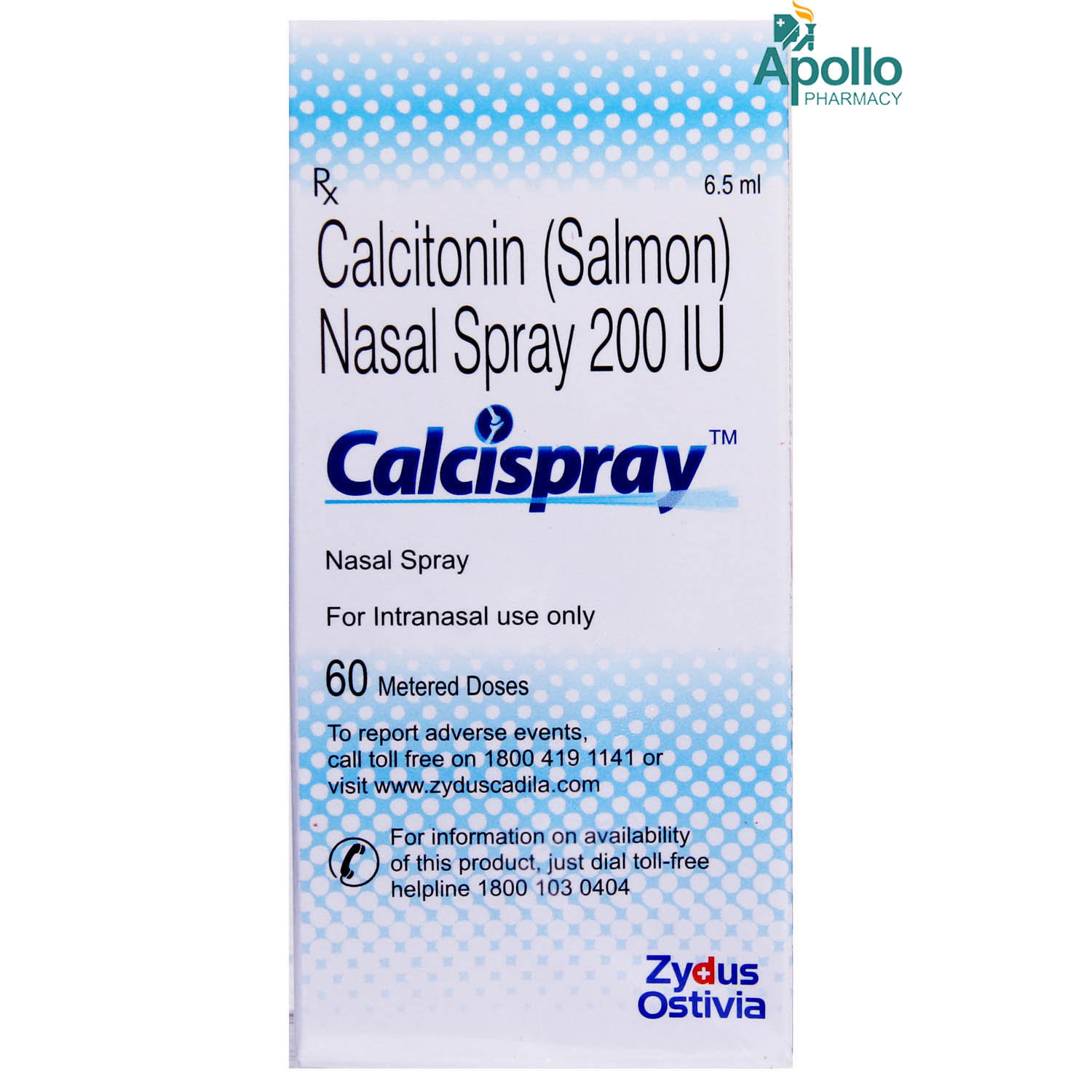Knogle 200 Nasal Spray 60Md 6Ml
MRP ₹1685
(Inclusive of all Taxes)
₹252.8 Cashback (15%)
Extra 10% Off with Bank Offers
Provide Delivery Location
Non returnable*
COD available
Online payment accepted
 Prescription drug
Prescription drugWhats That
Composition :
CALCITONIN-200IU
Manufacturer/Marketer :
Biodeal Pharmaceuticals Pvt Ltd
Expires on or after :
Return Policy :
Not Returnable
All Substitutes & Brand Comparisons
RX
Out of StockBONSPARK NASAL SPRAY 3.7ML
Glenmark Pharmaceuticals Ltd
₹111.65
(₹27.16/ 1ml)
RX
Calcinase 60 Nasal Spray 60 mdi
Cipla Ltd
₹2014
(₹30.21/ 1MDI)
RX
Out of StockGemrich Nasal Spray 60 MDI
Gonan Pharma
₹1890
(₹31.5/ 1MDI)
FAQs

Have a query?
Buy Now
Add to Cart








